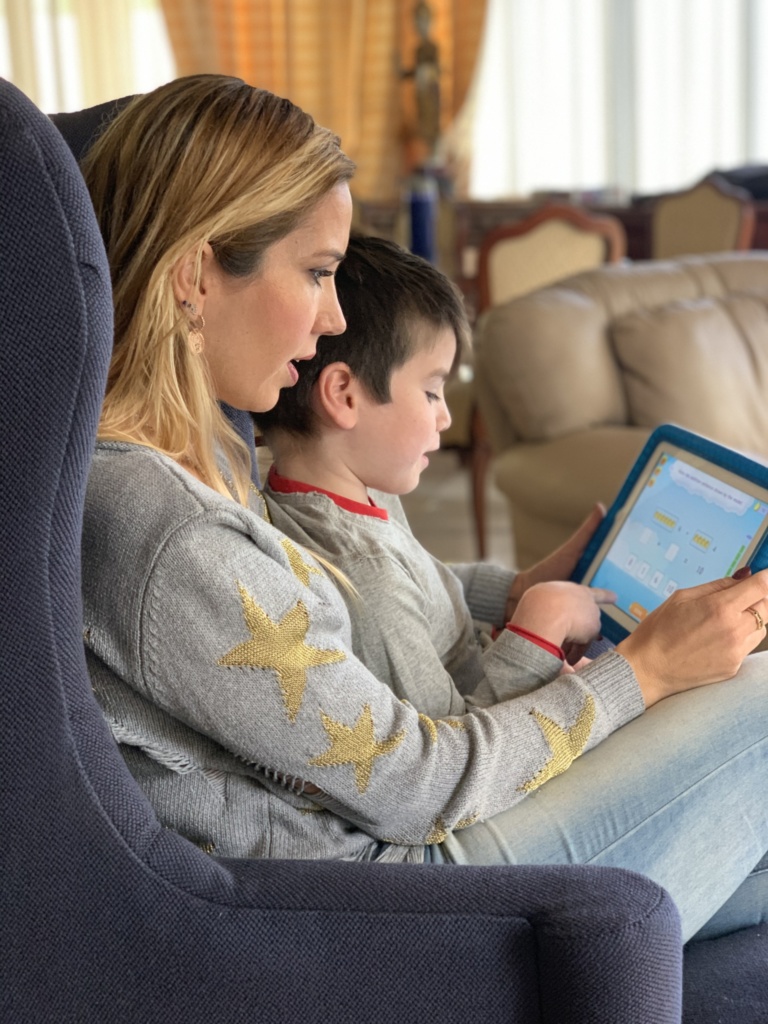Maths is not always the most popular subject in the primary curriculum and some of this is down to parents' mathematical anxiety. When children hear their parents speak negatively about maths, it can be particularly challenging for teachers to engage children and encourage them to develop a real mastery and passion for the subject.

We know games can make a real difference and nurture a positive relationship with maths but it is sometimes hard to carry parents with us. They worry that they are 'not doing it right' because mathematics was taught differently when they were growing up, so they feel reassured if their child is learning in the same way. However, when games are implemented effectively in the learning environment, the impact can be significant.
Building on real life experiences
A recent article in The Independent Parents use football statistics and shopping trips to improve children’s maths” 21st September 2020 reported a survey commissioned by Santander UK, which revealed that 79 per cent of parents felt that everyday experiences help children develop an interest in numbers. The study of 1,000 parents and 1,000 children aged 6-14 found everyday experiences like counting money or tallying cars of different colours were among the most popular ways to engage children with numbers. 79 per cent are now using everyday experiences to help their children develop an interest in numbers and 69 per cent of parents said that sport in particular is helpful in helping their kids to understand maths better.

The survey also revealed more than half (59 per cent) of the UK’s mums and dads found this subject difficult when they were younger – leading to struggles with financial literacy later in life.
Step 1: Maths is fun!
Let's dispel children's presumptions that maths is hard to understand and boring. Whether it’s about scheduling maths games as a reward to children who have done well or doing the activities in the play area of the classroom, children need to learn to love maths. It must be positioned as fun, entertaining and something where they can all experience a sense of achievement at an appropriate level. Educational games provide teachers with both an ideal means to introduce a new concept or to consolidate learning after a skill has been introduced.
Step 2: Teaching parents
If teachers are to succeed in developing children’s love of maths from an early age, they must do this hand-in-hand with the parents. Whether this is through information sent out through the parent communication portal, via a scheduled video conference or a specific evening event, parents must understand why their children are being taught in this way and how they can help consolidate the learning in a fun way at home.